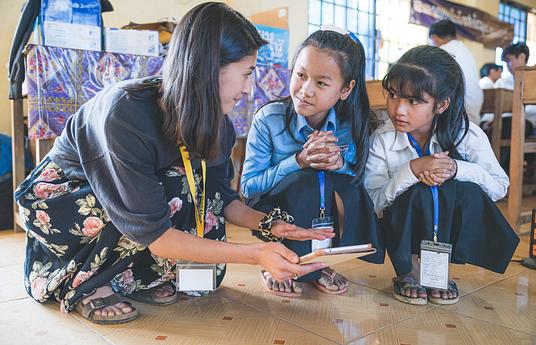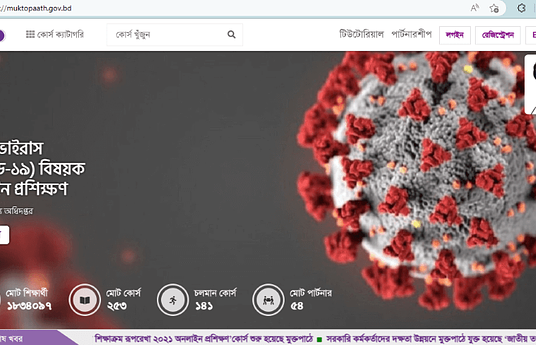465 million children worldwide could not be reached through online learning during the pandemic and their education was severely disrupted. Lack of screen-free resources and limited parental supervision were added barriers. Existing learning options were often inaccessible and didactic. IFERB was created to ensure high-quality, relevant, engaging, and tech-free learning continuity amidst crisis.
IFERB features over 130+ week-long project-based learning resources, 100+ Math games, 50+ activities for children with special needs, 200+ Arabic storybooks, and 15+ monthly learning packages. It also hosts 8 unique modules for refugee children, such as 'Survival English', 'Host Country', etc. The resources are interdisciplinary, available in multiple learning levels for 2 to 16-year-olds, and mapped to 5 international curricula.
IFERB has catered to marginalized learners through a variety of It leverages community members to facilitate learning. IFERB is designed for multiple modalities (remote, blended, stand-alone, etc.) and use cases (catch-up, bridge, accelerated learning, refugee response, etc.).
Partners select, translate, and implement the open-source resources that are relevant to their context. EAA supports pilot projects through trainings, funding, MEL tools and frequent check-ins. Capacity building happens for all- teachers, communities, organizations, and learners.
IFERB has reached 500,000+ learners in 11+ countries who demonstrated almost 20% learning progress with minimal supervision and resources. 70% of the partners have sustained the solution independently even after the pilot ended.
To support organizations to implement IFERB without IDD's support, the IFERB+ Toolkit will be available on the website with all the required tools (reports, MEL, training, etc.). By 2025, IDD aims to expand its reach to 1 million at-risk learners in 15 countries, add 50 new content modules across 4 new tracks, and effectively support 3 EiE contexts. IFERB will conduct an external impact report of the solution and aims for government accreditation in 3 countries.
All the IFERB resources can be downloaded for free from IDD's site: www.resources.educationaboveall.org. To implement IFERB through partnerships or for access to backend tools, reach out to the Innovations Development Directorate at EAA via email: innovations@eaa.org.qa.


